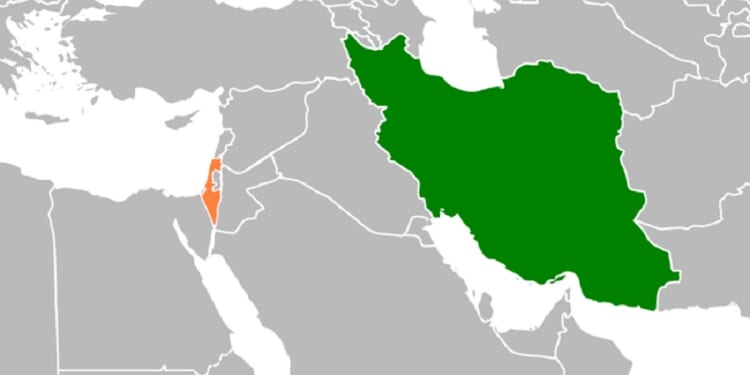Mainstream coverage reduces the West Bank to checkpoints, clashes, and negotiations stalled on repeat. But this framing is shallow. The West Bank is not just a conflict over land. It is a crisis of faith—one that tests Israel’s covenantal identity and America’s commitment to an ally bound not only by history but by divine mandate. And in the modern Middle East, this is not only a moral matter but a strategic one.
For Israel, Judea and Samaria are not bargaining chips. They are the biblical heartland — the soil of Abraham, David, and the prophets. To abandon these lands would be to sever Israel from its history, its faith, and its reason for survival. No nation would accept abandoning the source of its identity. America would never give up Philadelphia, the birthplace of liberty, or Arlington, the resting place of its soldiers. Demanding that Israel surrender Judea and Samaria is no less absurd.
What many Western policymakers miss is that Israel’s attachment to this land is not driven by nationalism alone, but by covenant. Israel’s presence in the West Bank is not the result of conquest — it is the result of survival, bound to Scripture and secured through wars forced upon it. Wars against Israel predate 1967. They began long before there was a single settlement. The issue has never been borders—it has always been existence.
Real Policies
For Washington, this is not an abstract debate. The West Bank is now a strategic front in the broader war against Islamist extremism and Iranian expansionism. Iran funnels money and weapons to terror networks in Judea and Samaria, seeking to ignite a new front against Israel. Hamas cells in the West Bank coordinate attacks designed to destabilize not only Israel but also Jordan, a crucial U.S. ally. The collapse of Israeli control here would create a vacuum filled by Tehran’s proxies — effectively planting Iran’s flag on the doorstep of Jerusalem and Amman.
That is why the usual slogan of “land for peace” is not just naïve but dangerous. Every Israeli withdrawal — from southern Lebanon in 2000 to Gaza in 2005 — has empowered Iran-backed militias, emboldened jihadists, and triggered waves of rockets on civilian populations. To imagine that ceding Judea and Samaria would bring peace is to ignore decades of proof to the contrary. For the United States, pushing Israel toward such concessions is not diplomacy — it is the strategic equivalent of giving Iran the keys to the heart of the Levant.
Of course, Palestinian suffering must be acknowledged. But America must also recognize how that suffering has been cynically weaponized. The Palestinian Authority thrives on grievance, while Hamas openly exploits despair to fuel radicalization. They offer not governance but permanent victimhood. A U.S. policy that pressures Israel while ignoring this reality rewards extremism, undermines moderates, and destabilizes the region.
For U.S. policymakers, the stakes are clear: a strong Israel in control of its biblical heartland is not just a moral imperative — it is a strategic necessity. Israel’s control over the West Bank prevents the territory from becoming another Gaza, a base for rockets, tunnels, and Iranian weapons. It stabilizes Jordan’s western flank. It provides the United States with a secure ally whose intelligence and military cooperation are indispensable in the fight against terrorism. And it signals to Iran that America’s alliances cannot be broken by pressure campaigns in Brussels or the United Nations.
Israeli Endurance
The West Bank, then, is not a “problem to be solved” at Israel’s expense. It is the frontline of the free world’s struggle against forces that deny legitimacy to both Israel and America’s role in the Middle East. To side with Israel here is not merely to honor history or faith — it is to strengthen America’s own security architecture.
Israel will continue to face condemnation for holding firm to Judea and Samaria. But its persistence is not obstinacy. It is endurance. It is the same endurance that allowed the Jewish people to survive exile, pogroms, and genocide. And it is this endurance that makes Israel not just an ally of convenience but an ally of conviction.
For Washington, the choice could not be clearer. Support Israel’s right to its biblical homeland, or risk empowering Iran, destabilizing Jordan, and fueling a new generation of jihadists. The West Bank is not just a local dispute. It is a test of whether faith and strategy can align — and whether America still has the clarity to stand with those who believe in something eternal.
Amine Ayoub is a policy analyst and writer based in Morocco.











